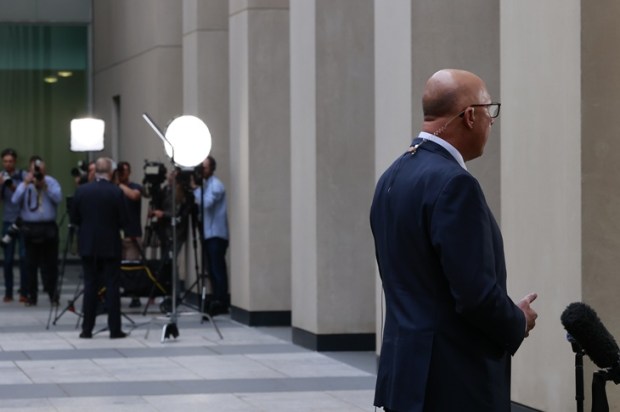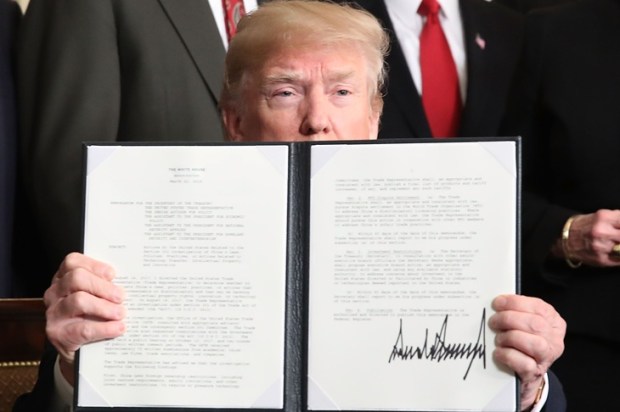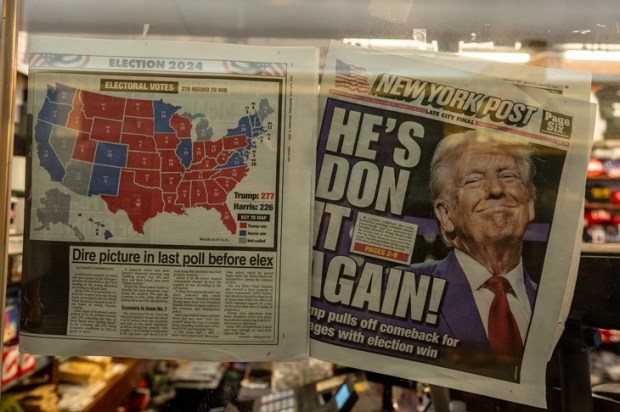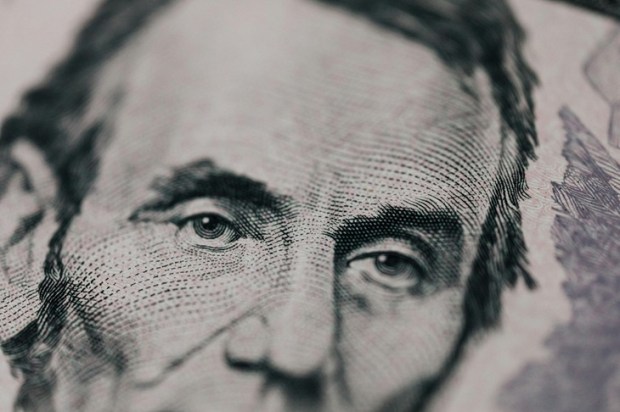At a recent campaign event in North Carolina, Kamala Harris became the latest politician to diagnose corporate greed as the source of modern cost of living woes. Her condemnation of ‘opportunistic companies’ resembled Joe Biden’s musings on inflation, while her vow to ban ‘price gouging’ in grocery markets evoked Senator Nick McKim’s ongoing crusade against supermarkets here in Australia.
The ‘corporate greed’ narrative is a fascinating fusion of economic incompetence and political savvy. Do not be fooled by the verbal sleight of hand.
It is a matter of elementary economics – and common sense – that firms seek to maximise their profits subject to the conditions in which they operate. Businesses today are no greedier than they were ten or 100 years ago, just as the world’s most profitable companies are no greedier than their less successful counterparts.
Therefore, corporate greed is not the scandal that the likes of Harris and McKim would have you believe. It is simply the latest pejorative to describe the self-interest that is both axiomatic and necessary to create incentives for businesses to supply the products and services that consumers demand.
From 2011 to 2020, inflation averaged less than 2 per cent per year in both the US and Australia: a far cry from the stratospheric numbers that both countries have since pulled. To blame corporate greed for the surge in post-pandemic prices and profits is to suggest that businesses have developed some newfound fondness for financial gain that did not previously exist, or that they have lost some generosity that they previously possessed. Such an implication is, of course, preposterous.
Prices and profits are driven not by disposition, but by conduct and circumstance – in other words, firms can only increase their prices or earn higher profits when they do something differently or when they face different constraints.
In regards to conduct, firms stand to gain when they innovate or offer more desirable products than their competitors. Granted, they may also benefit from unlawful practices such as collusion or tax evasion if they can get away with it, which is why robust competition laws and regulatory frameworks are essential. The bottom line is that firms make more money when they discover new ways to make more money – not when they become greedier than they already were. It is also worth noting that firm-specific conduct seldom explains a rise in general price levels across an industry or, indeed, the entire economy.
With respect to circumstance, prevailing macroeconomic conditions largely dictate the prices that firms charge for their products and services. Industry-wide or economy-wide price increases can invariably be traced back to soaring demand, falling supply, or a mix of both. Again, it is not some erosion of corporate magnanimity that propels inflation, but the emergence of an environment that enables – or necessitates – an increase in price levels. ‘Price gouging’ is conflated all too readily with rational responses to evolving market conditions.
The question is how those conditions arise. The rampant inflation of recent years has been largely propelled by bad policy, not corporate subterfuge. Irresponsible fiscal spending and inadequate monetary restraint unleashed an explosion in demand while protracted quarantine laws and forced shutdowns crippled supply chains. The result: higher costs and wider margins.
Extrinsic factors such as the Ukraine war were also partially responsible for the challenging economic circumstances in which we find ourselves – but for better or for worse, the plight of a struggling citizenry is always imputed to its elected leaders.
And elected leaders know that.
Just as it is in a firm’s interests to bolster its bottom line, it is in a politician’s interests to mask their failings. Corporations make for the obvious scapegoat – and all it takes to seal the deal is a clever rebranding of a simple, foundational, and self-evident concept (the profit motive) to a catchy, sinister, and nefarious tagline (‘corporate greed’).
None of this should be taken as an exercise in philosophy. What matters here is not the morality of self-interest, but rather its inevitability. After all, self-interest is observable in every facet of human life, from the way individuals choose their life partners to the manner in which empires expand their territories.
The simple fact is that we cannot contain inflation by demanding charity. Businesses have always pursued profits with fervour – they just happen to find more success on some occasions than others.
Good politics means offloading responsibility. But good policy requires confronting the inconvenient truth.

























